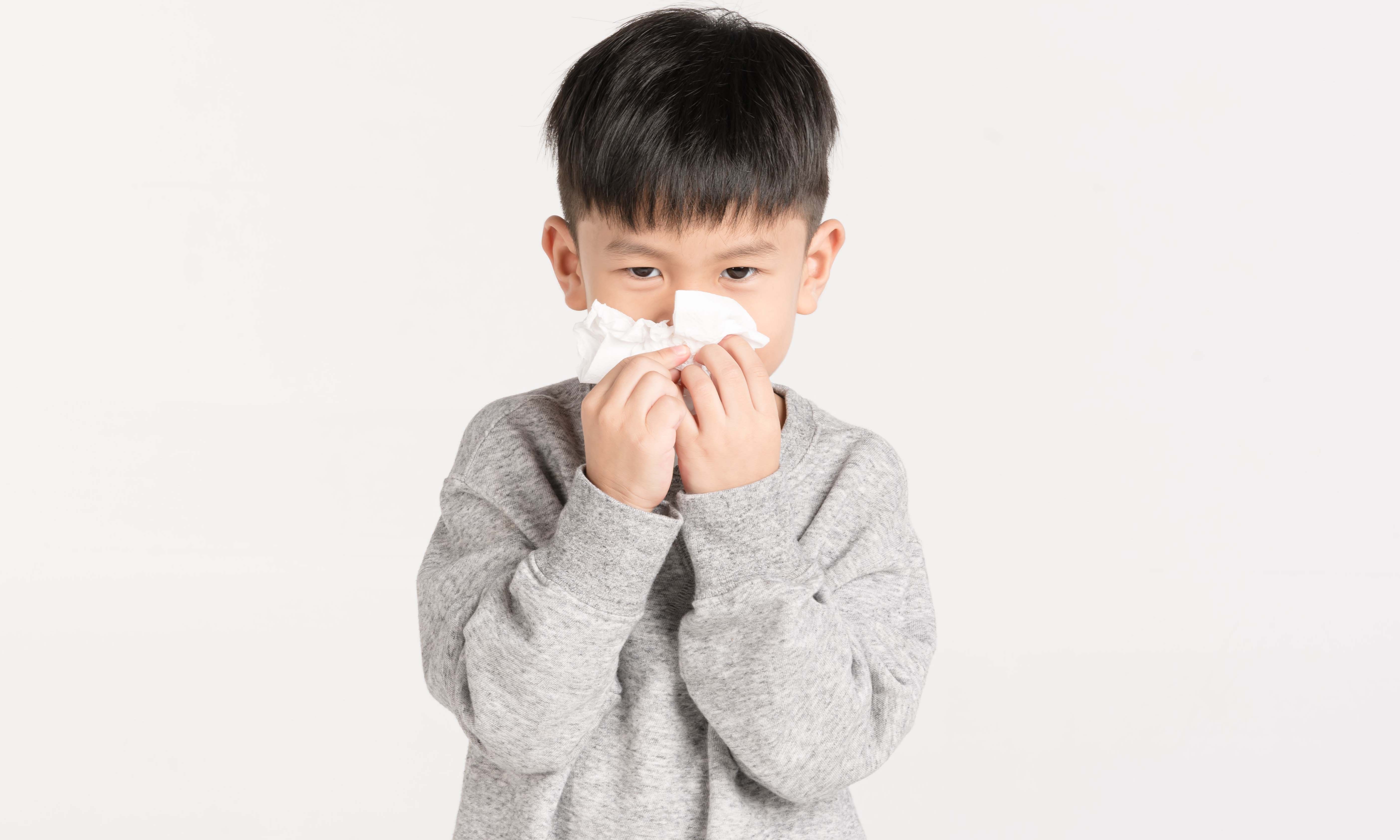A cause for childhood asthma
Exposure to perfluorinated chemicals may increase the likelihood of developing childhood asthma, according to a study by NTU researchers.

Allergic asthma, caused by contact with irritants that trigger an allergic reaction, is the most common respiratory disease in children. Exposure to perfluorinated chemicals (PFCs) commonly found in industrial and cleaning products has been associated with the development of allergic asthma as these compounds alter the body’s immune responses to irritants.
A research team led by Asst Prof Fang Mingliang of NTU’s School of Civil and Environmental Engineering and Asst Prof Yun Xia of NTU’s Lee Kong Chian School of Medicine found that a low dose of a common PFC, perfluorooctane sulfonate (PFOS), inactivated large molecules in cell membranes called microbial lipopolysaccharides and abolished their protective effect against asthma in mice.
The researchers also discovered that PFOS may suppress the immune responses of young mice to house dust mites and increase their likelihood of developing severe allergic reactions later in life.
These findings suggest that PFCs may have played a role in the increasing rates of childhood asthma in recent decades, underscoring the importance of reducing exposure to PFCs, say the researchers.
The study “Inactivation of common airborne antigens by perfluoroalkyl chemicals modulates early life allergic asthma” was published in Proceedings of the National Academy of Sciences (2021), DOI: 10.1073/ pnas.2011957118.
The article appeared first in NTU's research & innovation magazine Pushing Frontiers (issue #20, June 2022).

-and-dr-dorrain-low-from-ntu-singapore's-lkcmedicine.tmb-listing.jpg?Culture=en&sfvrsn=b389b500_1)



.tmb-listing.jpg?Culture=en&sfvrsn=82921582_1)
.tmb-listing.jpg?Culture=en&sfvrsn=9b7345be_1)